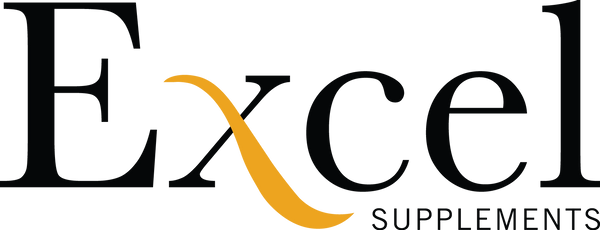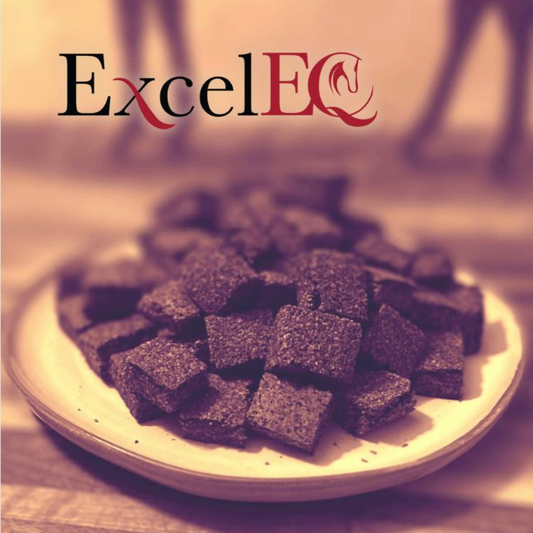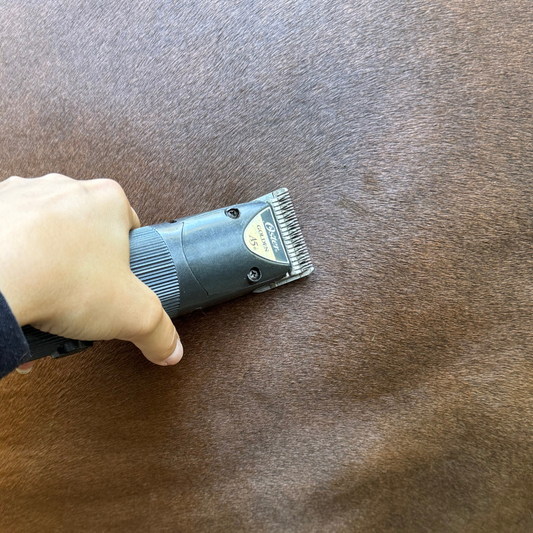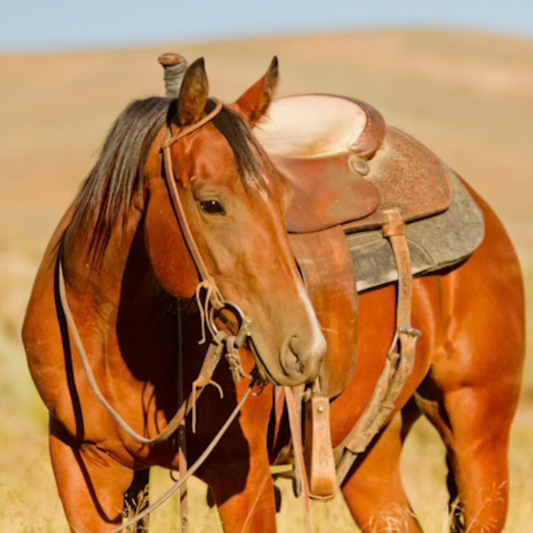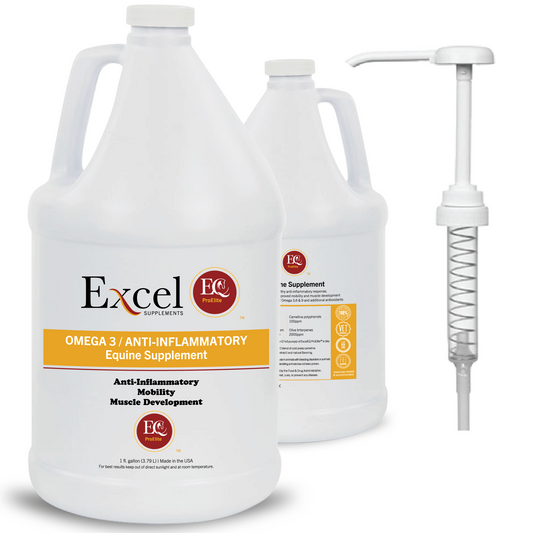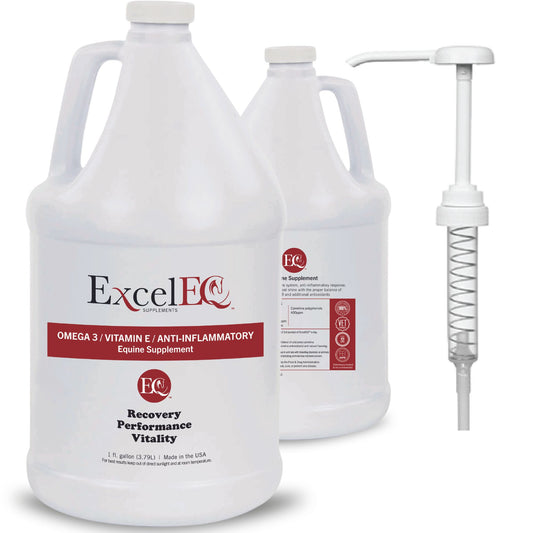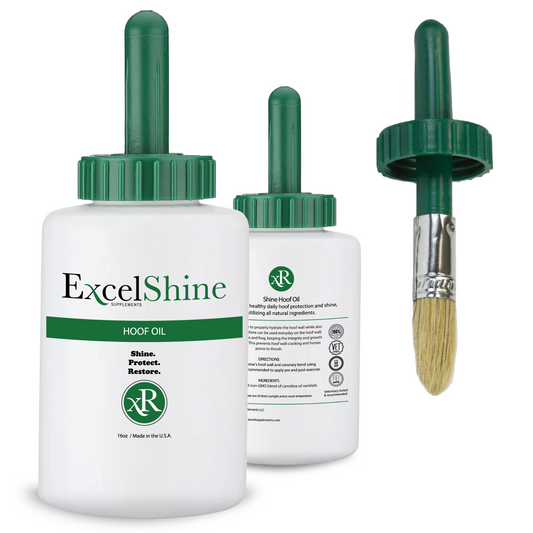Understanding the Costs of Owning a Horse: A Comprehensive Guide
Share
If you’re passionate about horses, you’re probably dreaming of a life where you and your steed enjoy every moment together. However, before diving into this wonderful journey, it's crucial to understand the costs involved in owning a horse.
Horse Boarding Options and Costs

When it comes to boarding your horse, you typically have three main options:
Local Barns
Many horse owners choose to board their horses at local barns close to their home. This option offers convenience but can vary widely in cost based on location and amenities.
Private Property
Some opt for private property boarding, similar to what you might see with celebrities. Although this offers a high level of exclusivity, it’s not always budget-friendly, often requiring significant investment.
Full Care Facilities
For those who prioritize comprehensive care, full-care facilities provide a range of services including daily turnout, feeding, and regular health checks. These facilities tend to be more expensive but offer peace of mind that your horse is well cared for.
Monthly Costs of Owning a Horse
The monthly expenses of owning a horse can fluctuate depending on various factors, such as location and level of care. Typical costs include:
- Boarding Fees: These costs can vary based on location and level of board (i.e full care, self care, training board, field board)
- Feed and Supplements: These costs can vary based on your horse's dietary needs and any special supplements required.
- Veterinary Care: Regular check-ups and emergency care can add up, so it's essential to budget for these expenses.
- Farrier Services: Regular hoof care is crucial, with costs varying significantly based on your horse’s needs.
How to Budget for Horse Ownership
Managing your budget effectively is key to a successful horse ownership experience. Here are some tips:
- Consult Experienced Owners: Speak with other horse owners to gain insights into potential costs and avoid unexpected expenses.
- Consider Alternative Boarding Options: Pasture boarding can be a cost-effective alternative if your horse's health allows.
- Plan for Unexpected Costs: Always set aside a portion of your budget for emergencies and unforeseen expenses.
Reducing Feed Costs with Camelina Oil

One effective way to manage feed costs is by using Camelina oil. This supplement supports optimal hind-gut health and improves nutrient absorption, potentially reducing the amount of grain needed. Excel Supplements’ Camelina oil is a great choice for maintaining your horse's well-being while managing feed expenses.
Additional Costs of Owning a Horse
Veterinary Costs
Routine veterinary care is essential. Regular check-ups are typically scheduled in the spring and fall, but be prepared for additional costs if your horse needs emergency care or special treatments.
Farrier Work
Farrier costs vary based on your horse’s needs. Basic trims might cost less, but corrective shoeing can be significantly more expensive. Regular maintenance with quality hoof products, such as ExcelHoof Support, can help manage these costs.
Dental Care
Dental health is often overlooked but crucial. Ensure your horse receives regular dental check-ups to prevent issues and maintain their overall health.
Equipment & Care Items

Depending on your horses age and what your plans are for them you will likely need some extent of tack including but not limited to saddle, bridle, halter, girth. However, even if your horse is not a rideable age or is maybe being brought home for retirement you will still need to consider the cost of care items including but not limited to:
- Brushes
- Bathing Equipment
- Blankets
- Basic Medical Supplies
Monthly State-by-State Cost Estimates
The cost of owning a horse can differ greatly depending on where you live. Here’s a snapshot of estimated monthly costs across the United States:
- Alabama: $704
- California: $920
- Colorado: $834
- Florida: $801
- Illinois: $809
- New York: $930
- North Carolina: $736
- Texas: $786
For a detailed breakdown of costs by state, refer to resources like Horse Rookie for the latest information.

Conclusion
Owning a horse is a rewarding experience but requires careful financial planning. By understanding the various costs associated with horse ownership and exploring ways to manage them, you can ensure a fulfilling and enjoyable journey with your equine companion.
For updated information on equine care, trending topics and discount opportunities follow us on social!
Follow us on Instagram: @excelsupplements
Keep up to date with us on Facebook: Excel Supplements
